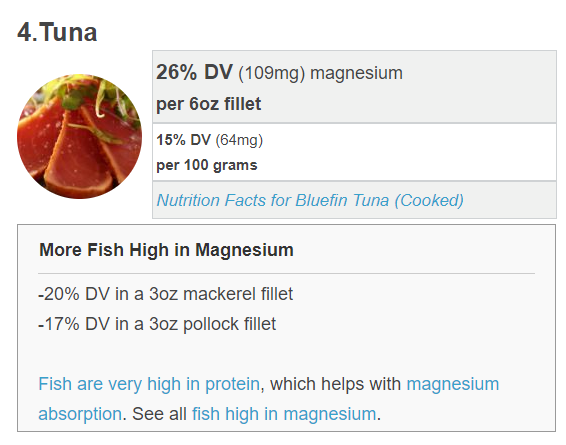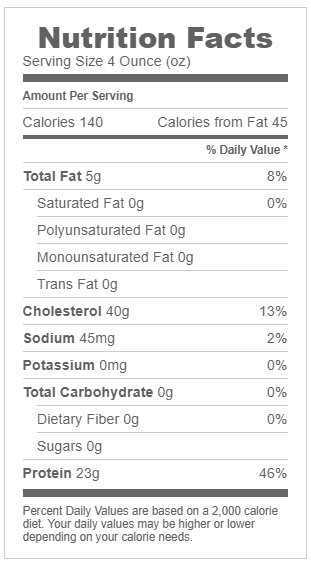You can assume thousands of years is backwards. But, we can eat only vegetables and survive…not a great path but, for some, the path.
Carnivore claims about plant foods
Once again: what is the evidence that you can satisfy your need for Mg and K from a carnivore diet.
I agree. There’s a split in the family tree with carnivore apes and vegan apes… the biology of brains and digestive systems are distinct.
So if you watched the video, then you know that the effect of the raised insulin is offset by the effect of the raised glucagon, so that the insulin/glucagon ratio remains unchanged. The situation of high carbohydrate intake and increased protein is completely different, of course, since the glucagon remains low as protein rises, which means that the insulin increase is not offest, and the insulin/glucagon ratio shoots sky-high. Remember that much of the science was done on a high-carb-eating population, and that the inferences for people who are minimising their carb intake are different.
Again, I believe that was in the context of a high-carb diet. Bikman appears to have data showing a different result in a low-carb dietary milieu.
Potassium in animal meat:
Magnesium in animal meat: very high in seafood

http://www.magnesiumeducation.com/food-sources-of-magnesium
Vitamin C is probably not necessary at all, for those keeping insulin low enough to benefit from the epigenetic effect of β-hydroxybutyrate. Remember that scurvy was studied primarily in British seamen, whose diet consisted largely of salt beef and ship’s biscuit, fresh food being completely unobtainable once the ship was far enough and long enough from port. From what we know now, the epigenetic effect of the insulin stimulated by such a way of eating would have shut off the body’s built-in defenses against oxidation, causing the need for an exogenous anti-oxidant to prevent scurvy.
The researchers in the Stefansson experiment knew nothing of the epigenetic effect of β-hydroxybutyrate, so their conclusion was that the meat that Stefansson and Anderson ate must somehow have contained enough Vitamin C to protect them from scurvy.
As for Vitamin E, I have no idea, except that it’s fat-soluble, so a low-fat diet would probably not be advisable from that point of view.
Huh? That used to be thought the case, but Bikman, among others has shown that it’s not.
But carnivores don’t eat much tuna at all. For one thing it’s got no fat
That’s actually very impolite. “I’m going to have to see a citation”
Everyone here has tried to help you, but we don’t work for you. You really come across as a high school student who needs to put together a research paper and is using the community to collect information… while choosing to be as lazy as possible.
I don’t take offense easily… but wow… good luck.
Like I called earlier, sealion. This person isn’t really interested in an answer to their question, they just want to debate for the sake of debate and keep moving the goalposts to wear people down, instead of just doing basic google searches themselves.
@G_Whistler
I think it’s pretty clear the science/studies and evidence you’re asking for isn’t available.
Someone had to say it so we can all move on.
It’s so much your friend when it become clear, either because of the way the topic goes or because of the usual persistent poster, that recent history is simply repeating itself.
Yes, exactly, and “demand” means a hormonal signal. The signal is low insulin to glucagon ratio, the same signal as for ketosis (GNG and ketosis are upregulated together). The alternative is “supply driven”, which would mean GNG happens whenever there is material available. The evidence is against this alternative.
What Bikman has nicely presented is that once you are in the low insulin to glucagon ratio state, protein intake barely perturbs the signal. What he didn’t really explain is that because it does perturb it a little, and because the starting state determines how much it will be perturbed, there is a kind of exponential effect where the more you eat, the more effect it has, but it takes a lot to ramp it up. It will definitely get to the tipping point eventually, at which point it has a massive effect instead of a negligible one. That effect is actually to reduce the demand for GNG and ketosis.



